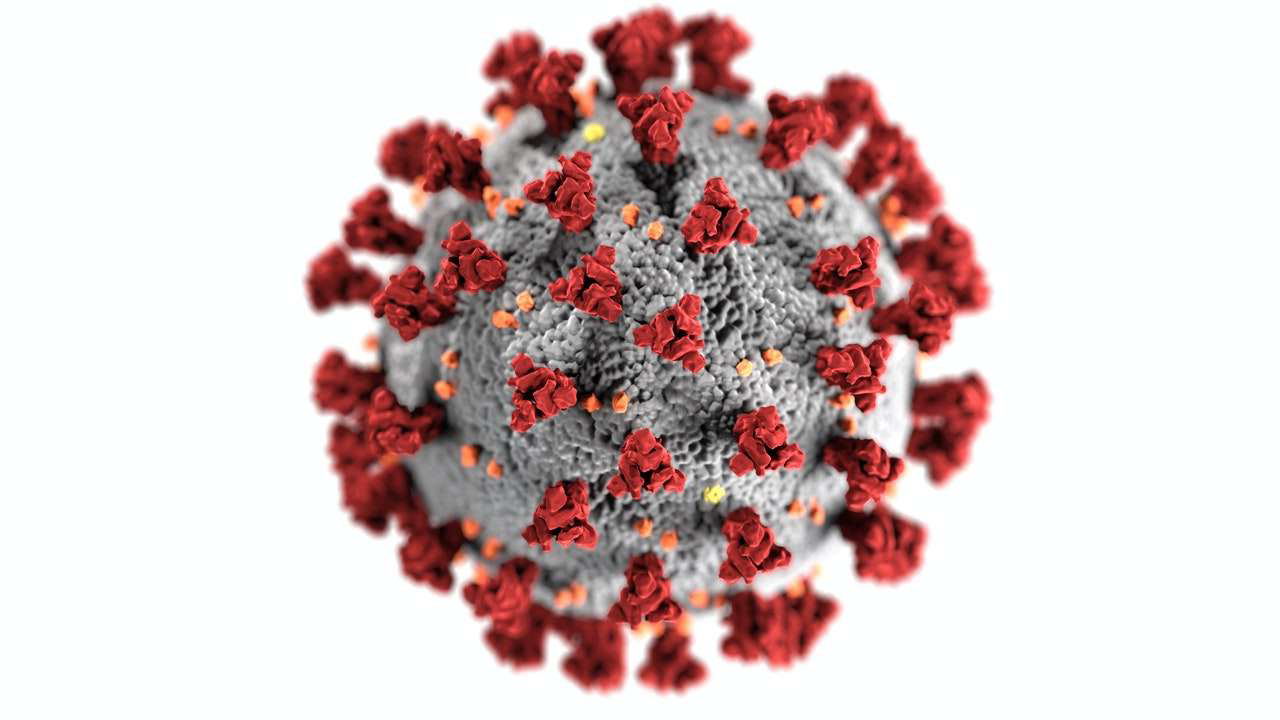
On the occasion of International Science Festival 2020, the Union Health Minister of India, Harsh Vardhan pursued to calm nerves on a new and more infectious strain of COVID-19 wrapping parts of the United Kingdom, saying the Indian government is already alert about it. Even the Government of Maharashtra has decided to impose an immediate night curfew from 11 to 6, in Municipal Corporation limits in the state till 5 January 2021 starting from 22 December 2020, because of the emergence of the new COVID-19 strain in the United Kingdom, and now many other Indian states are planning the same.
The UK has recently identified a fast-moving new strain of the COVID-19 that is more than 70% infectious than the existing COVID-19 strains. The new strain is out of control in the United Kingdom and now scientists have reported that this new mutation in the COVID-19 may have infected a lot of people but they all are unknown and authorities are still unaware and concerned about the exact effects of this new mutation. The UK government's advisory body New and Emerging Respiratory Virus Threats Advisory Group (NERVTAG) has released data about this new COVID-19 strain.

The government of the UK suspects that the new strain could be more transmissible than the earlier versions of the virus. While the researchers are still trying to understand the correct explanation for this, some of them are also agreeing to the government's official reasoning about the rapid mutation of this new strain. The changes in the behaviour of the virus depend on the nature and extent of mutation in any virus, including the COVID-19. According to the Clinical Virologist at the University of Leicester Dr Julian Tang, the mutation is relatively normal in viruses like influenza, where multiple viruses may infect the same person directing towards a hybrid virus emerging. This new mutation is named as ‘B.1.1.7’, and it has a large number of genetic changes particularly in the spike protein which is often responsible for how a virus interacts with human cells. Since COVID-19 was detected in Wuhan, China, it has been through many changes. However, the reason which has presently put the shocks in the UK and other parts of the world, is that B.1.1.7 strain accounts for an increasing proportion of cases in parts of the UK and cases of B.1.1.7 infections have been growing constantly. Seeing the past consequences of taking a virus lightly, this time many countries have put restrictions on UK travel. Similarly, the Indian government is seeking expert advice on this matter and planning to take immediate actions.
People are doubting if this new strain of COVID-19 will affect the laboratory tests of the virus. But according to the director of the SARS-COV-2 Genomics Initiative at the Wellcome Sanger Institute's Jaffrey Barrett, the mutations in the new strain deletes 6 bases in the viral genome that encodes amino acids 69 and 70 of the spike protein. And by coincidence, this area is one of three genomic targets utilised by some Polymerase Chain Reaction (PCR) tests. In those tests, the channel comes up negative on the new variant. However, if the PCR tests utilize the other two channels, not influenced by the mutation, the tests should function fine. PCR tests would mainly observe more than one gene target so a mutation in the spike protein would not influence observing other viral gene targets.
Currently, there is no solid evidence that the B.1.1.7 causes disease which is any different from that caused by previous COVID-19 strains. Even though the mutation in the virus seems to be harmful, researchers have not found any reason to suggest that the new mutation would affect the vaccination processes which are going on. Dr Jeremy Farrar, Director of Wellcome Trust, explains that “At the moment, there is no indication that this new strain would evade treatments and vaccines. However, the mutation is a reminder of the power of the virus to adapt and that cannot be ruled out in the future”. Researchers are still waiting to learn further about the new COVID-19 strains and the B.1.1.7 has to be the key information about it. It appears to be more contagious for now, but we do not know if it is more or less lethal, and hence, vital restrictions are reasonable for this strain.
_____________________________
Reference:
- www.bbc.com
- www.sciencemag.org
- www.hindustantimes.com
- www.gov.uk
- www.assets.publishing.service.gov.uk
